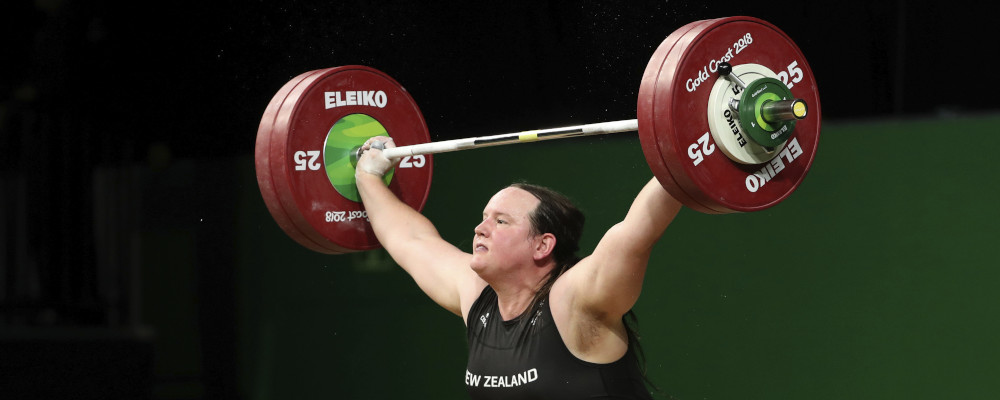The following is adapted from remarks made by Joanna Harper and Gregory Brown on a Munk Debates podcast. Listen to the whole episode at: https://munkdebates.com/podcast/transgender-athletes.
Read Joanna Harper’s essay here.
My opinion on this is that we cannot have fair competition between trans women and cis-gendered women due to a number of factors.
One, we have eons of human experience and thousands of research papers showing that there are important biological differences between men and women, between male and female humans. If we look at those differences, they confer upon males inherent athletic advantages that are advantages that no woman cis-gendered woman can hope to attain.
Those advantages include all sorts of physiological factors that give men an inherent athletic advantage. And at present we do not have any research that substantially demonstrates that transgender identification or the use of gender-affirming hormone therapy erases the differences between males and females.
I think it’s important to consider that when competing as a male athlete before transition, New Zealand weightlifter Laurel Hubbard was definitely strong, but not considered Olympic level as a male athlete. And then after transition, she became Olympic level, ranked number six in the world as a female athlete. It seems inherently unfair that someone can go from being not world-class to world-class after transitioning.
While it’s unlikely that Laurel will win the competition, there are always instances in the Olympics of athletes who come out of the blue, the dark horse candidates that come forth and suddenly win a gold medal, because it’s possible that someone else gets injured or the thrill of competition can drive athletes to do better than they previously have before.
We also need to consider the fact that by Laurel being there, one less cis-gender woman has the opportunity to compete. And whether that person would have medaled or not is irrelevant; they would still have had that Olympic experience.
Another case I’d like to point out here is Cece Telfer, who ran for two years in college as a male, and then took a year to transition, meet the NCAA guidelines, and then compete as a female. As a male, Cece was ranked about 390th. As a female, Cece won the NCAA division two 400-meter hurdles. And if you look at the running times of Cece Telfer before transition and after transition, they’re not different. That indicates that this cross-sex hormone treatment did not erase the advantages at all. And Cece went on to win and displace a number of female athletes from opportunities to be All-Americans or medalists.
Males have inherent athletic advantages and those advantages are not erased by transgender identity or gender-affirming hormone therapy. It’s hard to say that there can be fair competition between trans women and cis-gender women when at this point in time we cannot say that the legacy male advantages are eliminated in any individual sport or in terms of the physiology of sport overall.
Therefore, I think that we cannot have meaningful competition between trans women and cis-gendered women due to those legacy male advantages.
Recommended for You

This B.C. candidate was barred by the Conservative Party, now he may beat them as an Independent

Brad Epperly: Canada is facing many crises—our lost economic decade is by far the biggest

The Weekly Wrap: The pros and cons of Poilievre and Carney

The Notebook with Theo Argitis: The Trudeau Consensus lives on



